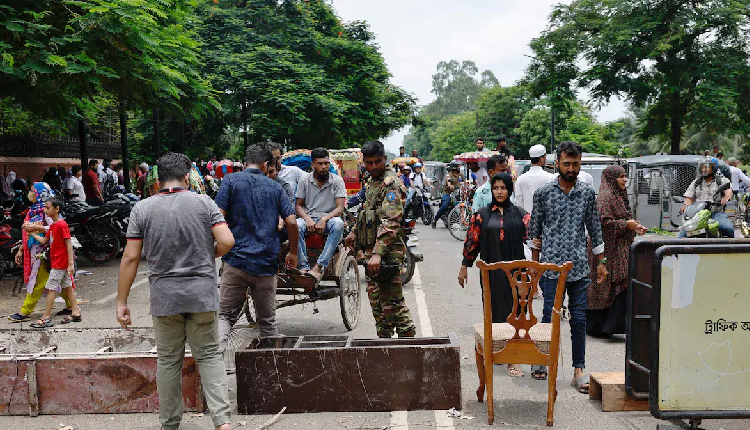Bangladesh’s garment factories reopened on Wednesday with the aim of quickly returning to full production following disruptions caused by violent protests that led to the removal of Prime Minister Sheikh Hasina.
Hasina stepped down and left the country on Monday after a crackdown on student-led protests resulted in around 300 deaths and thousands of injuries since July.
Garment and textile factories supplying major Western brands like H&M, Zara, and Carrefour were forced to close due to curfews imposed during the unrest.
“We lost a total of four days; it is too early to make an estimate of the loss. There was little physical damage to factories,” Miran Ali, vice president of the Bangladesh Garment Manufacturers and Exporters Association (BGMEA), told Reuters.
He mentioned that H&M, the world’s second-largest fashion retailer, sources garments from approximately 1,000 factories in Bangladesh.
The company has confirmed that it will not request discounts for delays and has expressed concerns about the situation in Bangladesh.
The global fashion retailer had expressed concerns about the situation in Bangladesh. In Dhaka, at a factory owned by Urmi Garments, female workers were back at their sewing machines, resuming operations.
The International Monetary Fund (IMF) predicts that the ready-made garments industry will make up 90 per cent of Bangladesh’s $55 billion annual exports in the fiscal year 2024.
Bangladesh ranked as the third-largest clothing exporter globally last year, following China and the European Union, as per the World Trade Organisation (WTO).
Attribution: Reuters


